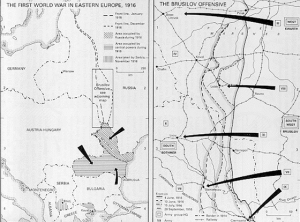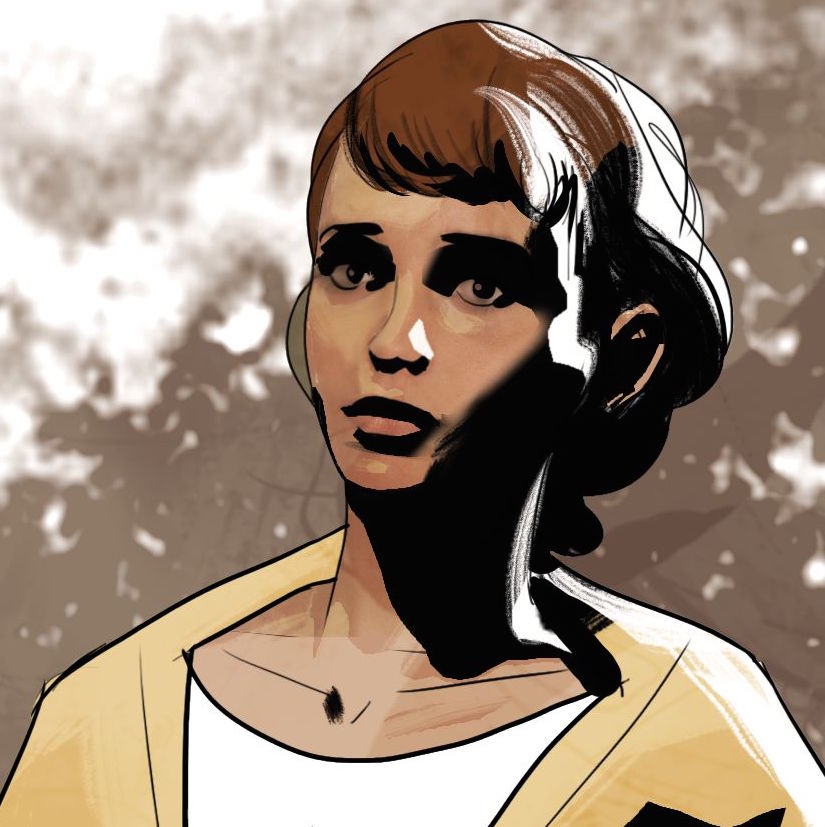Dear Diary,
Another year begins, and again my life moves in directions I never could have imagined. Unexpectedly, Elisabeth Von Werdenberg did more than just prepare a passport for me: she made arrangements to chaperone me directly into Germany.

Elisabeth and Ernst with Sigmund Freud
And I am quite sure that without her help I might not have made it at all. At the Austrian/German border, the immigration officers boarded the train and spoke briefly and politely with Elisabeth before returning our passports. My German is less than fluent, so it is likely I would have been exposed if it were not for her help. Soon, we arrived in Berlin, and I must say that even during war time, it is one of the most entrancing, beautiful cities I have ever seen .

Altes Museum, Berlin
The art and culture here reminds me that while politicians lead, citizens create.
While in Berlin, we were able to keep tabs on the progress of the war, specifically the end of what the Russians call the Brusilov Offensive on the Eastern Front.

Brusilov Offensive
Most Germans simply call it a failure… According to some, the Offensive has been a withering defeat for the Russians, with troop losses totalling over one million men. Others quietly believe that this is exactly the diversion that the Central Powers did not need. It required a massive redirection of troops from the Western Front, and officially obliged Romania to join the war, causing even more troops to be diverted. As a Canadian, it can be hard to remember that the battles in France and Belgium are not the single centre of the war. Without our allies in the East, the Germans could have focused their full attention on the drive to Paris, and the last three years would have gone quite differently.
For the last week or so, I have been having terrible dreams, dreams that keep repeating themselves again and again. I dream that I am a soldier deep in the trenches, and at every turn I am faced with life or death decisions. Perhaps that is why last night was such a special coincidence. I have been acting as Elisabeth’s silent servant on our travels around town, and last night we went to the Neopathetisches Cabaret in the Mitte district, and who should we meet but her grand old friend Sigmund Freud.

Sigmund Freud’s notes
Although I could understand little of what they discussed, it was clear that Freud is a special man. He held the attention of all those around him, including a theatre director named Ernst Röckel. A close friend of Siegfried Wagner, Ernst had been a theatre designer before becoming a soldier. He told stories about Siegfried’s brother Richard, perhaps Germany’s greatest composer. One of Ernst’s most significant contributions to the war was his work with camouflage, and designing cardboard cutouts to fool the enemy.
Observation Post in a Camouflage Tree
He had been injured in the war about two years earlier, and still walks with a noticeable limp. Again I am reminded that while there are two sides to a war, both sides suffer deep and sometimes irreparable wounds. Shall we ever see the end of this terrible world war?
I shall write again soon, diary,
Rose



